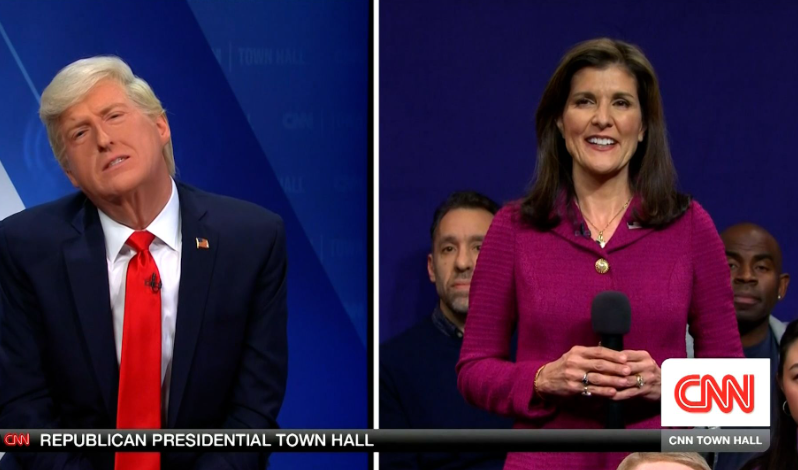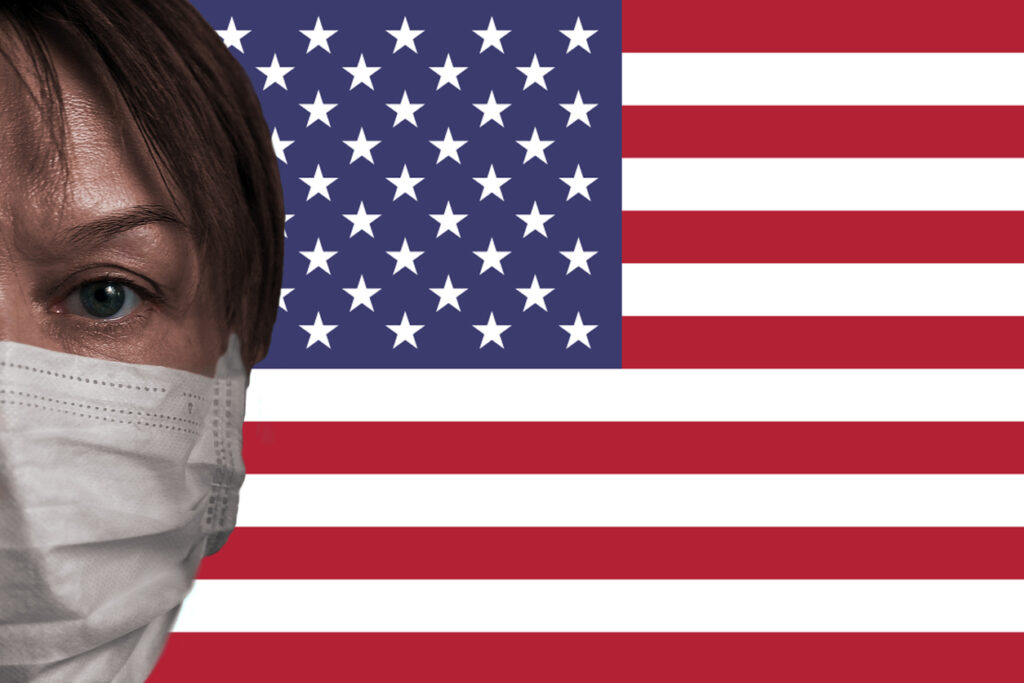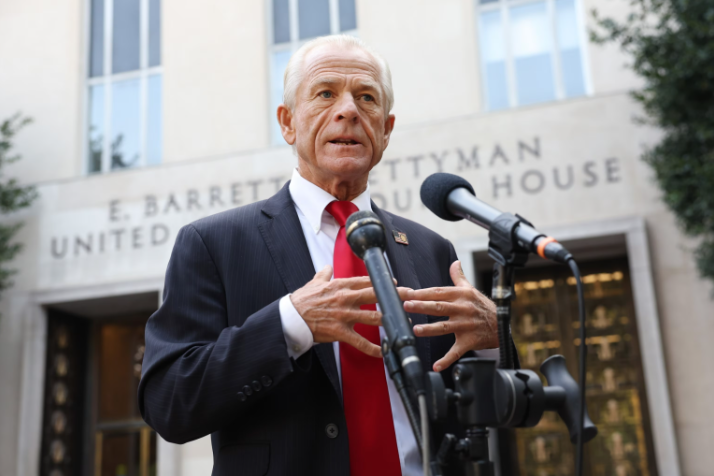In the sun-kissed state of Arizona, where cacti stand tall and sunsets paint the sky, a new chapter in the voting laws saga unfolds. Picture this: a federal judge, Susan Bolton, has just given the thumbs up to some new rules that have everyone talking. The gist? Arizona’s counties now have a bit more homework when it comes to voters who haven’t shown proof they’re U.S. citizens. Plus, there’s some cross-checking with government databases on the horizon.
A Balancing Act
Judge Bolton, wielding her gavel of justice, decided that Arizona lawmakers weren’t playing favorites or trying to sideline any particular group when they rolled out these laws. She figured the state’s got a point in wanting to make sure only eligible folks are casting votes and keeping the elections as tidy as a freshly raked desert garden.
But here’s a twist: Bolton did put her foot down on one thing. If you’re using a state registration form, adding your state or country of birth to the mix is a no-go. Why? Because it could unfairly put naturalized citizens under the microscope, and that’s not how we roll.
A Look Back to Look Forward
The trial that led to this decision was like a journey through Arizona’s voting history. Once upon a time, barriers like literacy tests made voting as challenging as finding shade in the desert for Native American and Latino voters. Fast forward to 2022, and the lawmakers’ motives were under the microscope. The conclusion? There wasn’t enough evidence to suggest any foul play aimed at suppressing votes from minority groups or naturalized citizens.
The Heart of the Matter
At the heart of this legal desert storm is the quest to ensure that voting rights are as secure as a saguaro cactus in sandy soil. With the 2020 election still echoing in the canyons, Republicans in Arizona introduced these laws amidst a national conversation about election integrity.
Judge Bolton previously made some calls on related issues, like saying “nope” to needing extra proof of citizenship for federal voter registration forms. But this time around, she’s saying “yep” to the state’s efforts to double-check citizenship for state elections.
Two Classes of Voters
This legal tango isn’t just about forms and databases. It’s about who gets to vote in which elections. Since a 2013 Supreme Court decision, Arizona’s had two types of voters: those who can vote in all races and those who are federal-elections-only. It’s a bit like having VIP and general admission tickets, but for voting.
The Governor’s Two Cents
Then-Governor Doug Ducey, weighing in last March, likened election integrity to making sure every lawful vote counts and blocking illegal ones. Simple, right? Well, not quite. Voting rights groups and the U.S. Department of Justice raised their eyebrows, worried these new rules might make registering to vote as tricky as navigating a desert trail at night.
Looking Ahead
So, what does this all mean? For starters, Arizona’s trying to ensure that its voter rolls are as accurate as a saguaro’s shadow at noon. But it’s a delicate balance between tightening up the process and making sure everyone eligible can still cast their vote without jumping through hoops.
In the grand canyon of voting rights and laws, Arizona’s latest chapter is sure to add some new contours to the landscape. Whether these changes will be as enduring as the desert’s red rocks or as fleeting as a monsoon rain remains to be seen. But one thing’s for sure: in the quest for fair and secure elections, the journey is just as important as the destination.











